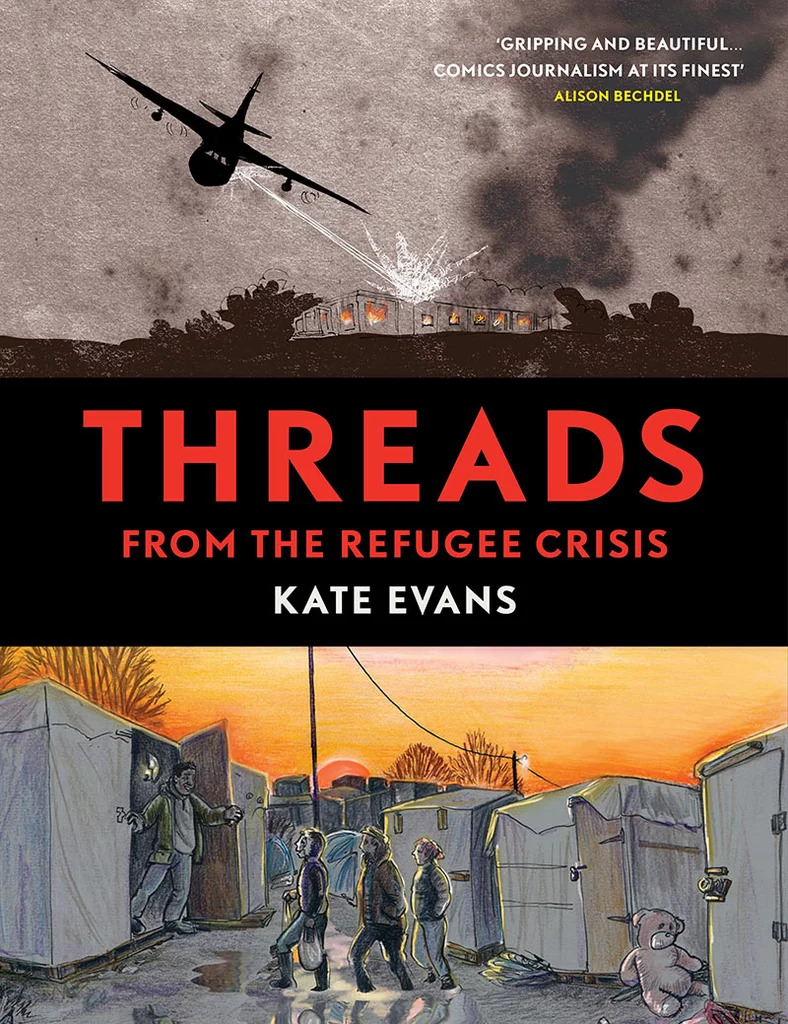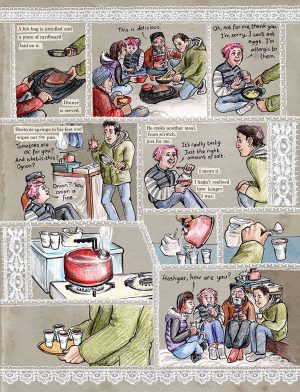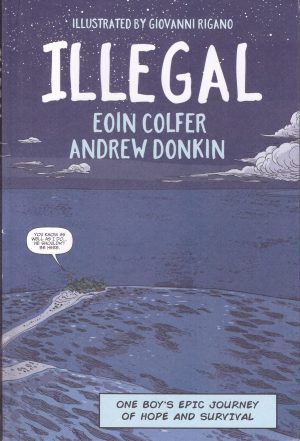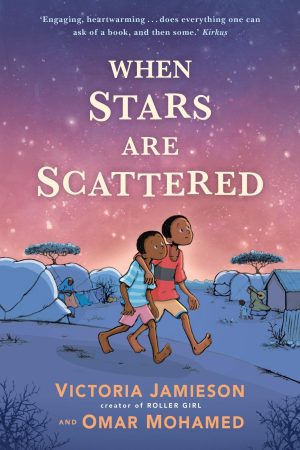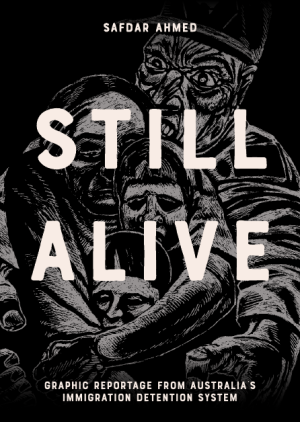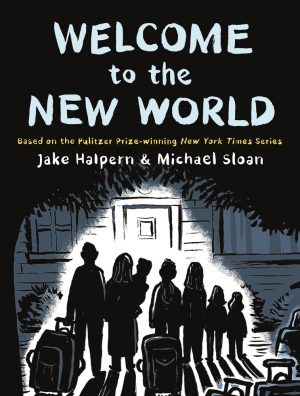Review by Frank Plowright
Throughout the 21st century the right wing press across English speaking countries has pursued a persistent and pernicious agenda of demonising refugees. Rich people with comfortable lives write articles about invading hordes, never for a minute considering what people are fleeing from, never mind how many of the countries from which people are fleeing were once invaded by the UK. Threads From the Refugee Crisis is a small attempt at redressing the balance as Kate Evans relates her experiences volunteering at the Calais migrant camps. They sit on the French coast, 22 miles across the sea from England, the country most there are trying to reach.
176 pages present horrific truths that don’t fit the press agenda, from a refugee camp with 24 toilets for 5000 people through night time raids by police using tear gas to police enforcing a policy of not permitting dry blankets and sleeping bags for refugee children. It’s utterly inhumane even before stories concerning what people are fleeing from and what they’ve endured. Mostly, though, Evans concentrates on day to life in the Calais and Dunkirk camps, meeting people, understanding their needs and coping with the limited resources meeting those needs. She’s often surprised by the generosity of people who have almost nothing to give.
At the beginning Evans mentions Calais was once a city famous for producing lace, and that’s used as an unusually decorative method of separating panels, while chapters are separated by hateful or ignorant online comments. Evans applies truth to common lies, and as a signature device provides some dialogue written in the language it was spoken, then translated into English. Her art is expressive rather than technically precise, but has the necessary emotional heft. On the other hand the constant flatness, lack of perspective, static nature and an approach designed to resemble amateur enthusiasm hold the possibility of sabotaging her message. It’s a puzzling choice, perhaps made for speed, as there’s evidence of Evans being a far better artist, such as effective visual metaphors and attractive watercolour portraits.
If the drawings don’t appeal, try to put that to one side, as what Evans offers is first hand testimony, what authorities have downgraded to “anecdotal evidence”, about a horror that should have no place in our world. It’s impassioned, important and immensely readable.
